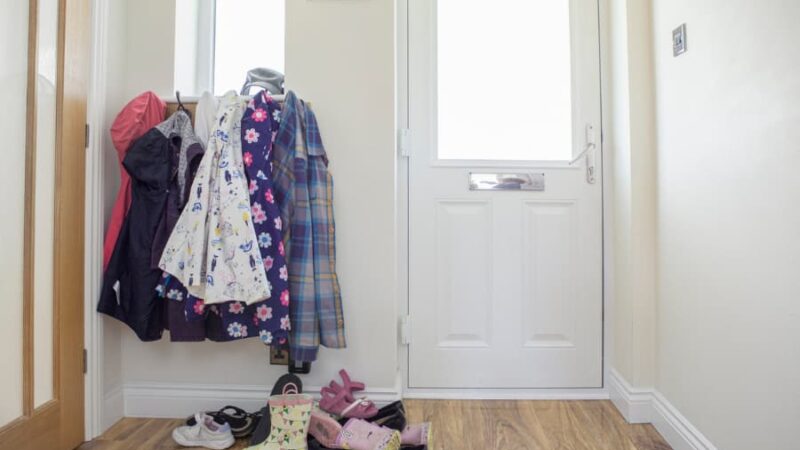
When purchasing an entryway door for your home, there are a lot of factors that come into play, but most homeowners would agree that at the top of that list is energy efficiency. Energy-efficient doors allow your space to be more eco-friendly and also provide the opportunity for savings. So, what are your options? Both steel and fiberglass doors are designed to help your home conserve energy – New Jersey Siding & Windows, Inc. explores further here.
Your Door’s Design and Energy Efficiency
With hot summer temperatures and chilly winters, entryway doors in Northern New Jersey play a vital role in a home’s energy efficiency. Doors constructed from steel or fiberglass offer the best defense against a changing environment, though each offers different capabilities. Here’s a closer look at each:
Steel
Steel doors are exceptionally energy-efficient and have become a popular choice for exterior doors in modern homes. Steel door construction helps to prevent home temperature loss through the design inclusion of a thermal break. The thermal break refers to the interior portion between the door’s two steel pieces, providing a barrier that stops temperatures from transferring outside as easily as they may with other doors.
Another design factor of steel doors that helps to conserve energy is weather stripping. Steel doors are often built with light, magnetic weather stripping that offers an energy-efficient seal, which helps to prevent heat loss – especially around the edges of your door.
Fiberglass
Fiberglass doors offer similar capabilities to steel doors. However, the flexible design of fiberglass door construction features one enhanced aspect. This door design expands and contracts along with the outside temperatures – without letting your controlled climate out of the home. Due to their ability to work with the weather, fiberglass doors also offer the added advantage of a long lifespan.
Understanding Energy-Efficient Ratings
An easy way to check the energy efficiency of a door is to see if it has an energy rating from the National Fenestration Rating Council (NFRC). This non-profit organization supports certified performance rating and labeling, which assists consumers in evaluating the efficiency of windows, doors, and skylights. Some of these helpful performance ratings include:
U-Factor
This measures the rate of heat transfer to quantify how well your unit insulates. In this case, the lower the value, the better your door insulates.
Solar Heat Gain Coefficient (SHGC)
This rating tells you how well the product blocks heat caused by sunlight. Measured on a scale of 0 to 1, values typically range from 0.25 to 0.80. The lower the value, the less amount of solar energy transmitted.
Air Leakage (AL)
This measures the rate at which air passes through the product. With this rating, the lower the value, the less amount of air leakage.
Explore Energy-Saving Options with New Jersey Siding & Windows, Inc.
Steel and fiberglass construction both offer optimal designs for energy-efficient doors. With consistently fluctuating temperatures in the North Jersey climate, however, it can be tough to know which direction to take for the best energy conservation. Luckily, New Jersey Siding & Windows, Inc. can help you take the guesswork out of exterior door choices. Contact us today to explore your options and improve your home’s overall energy efficiency.

